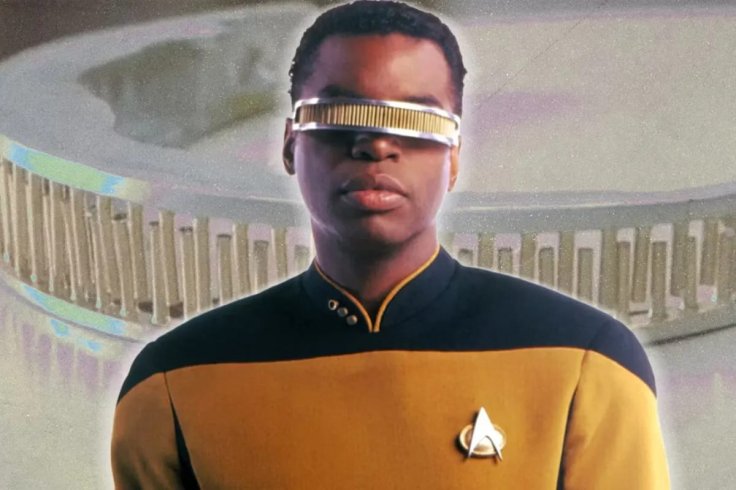Elon Musk's Neuralink has achieved a major milestone with its vision-restoring implant, Blindsight. The device has received "Breakthrough Device" status from the US Food and Drug Administration (FDA). This designation is meant to speed up the development of medical devices for severe conditions, offering new hope for those who are blind or have lost their sight.

Blindsight aims to restore vision for individuals who have lost their eyes and optic nerves or were born blind. According to Musk, the technology could provide sight even to those who have been blind since birth, as long as their visual cortex is functional. The implant bypasses damaged optic nerves and stimulates the visual cortex, the brain area that processes visual information.
The FDA's breakthrough status is a significant step forward but doesn't yet mean human trials have begun. The FDA has not shared a timeline for these trials, but the designation indicates that Neuralink is moving closer to testing the device in real-world conditions.
Musk described Blindsight as a revolutionary technology. He compared its initial vision quality to old video game graphics, like those from Atari. However, he believes future advancements could enhance the device's resolution beyond natural human vision. Musk also envisions the device enabling users to see in infrared, ultraviolet, and radar wavelengths.
This breakthrough could be transformative for those who have lost their vision due to injury or illness. For people who have been blind from birth, Blindsight might provide new visual experiences and change their lives dramatically.
In addition to Blindsight, Neuralink is exploring other brain-chip applications. One such device, called Link, aims to enable paralyzed individuals to control digital devices with their thoughts. This technology could significantly impact those with spinal cord injuries, offering new ways to interact with technology and regain independence.
Earlier this year, Neuralink implanted its brain chip in a 29-year-old man named Noland Arbaugh, who was paralyzed from the shoulders down. After the surgery, Arbaugh was able to use his mind to control his laptop and play games, a significant improvement from using a mouth-held tablet stylus.
Neuralink has since implanted a second chip in another patient, although details about the procedure remain limited. Musk reported that the surgery went well and that the chip's electrodes are functioning effectively.
Neuralink was founded in 2016 by Elon Musk and a team of engineers with the goal of developing advanced brain-machine interfaces. The company's mission is to create neural interfaces that enable direct communication between the brain and external devices. Their first major breakthrough was the development of the Link chip, which has the potential to restore lost functions and enhance human capabilities.
As Neuralink continues to advance its technologies, the possibilities for those with disabilities and other impairments are expanding. The future of brain-machine interfaces could redefine how we interact with technology and understand the world around us.









